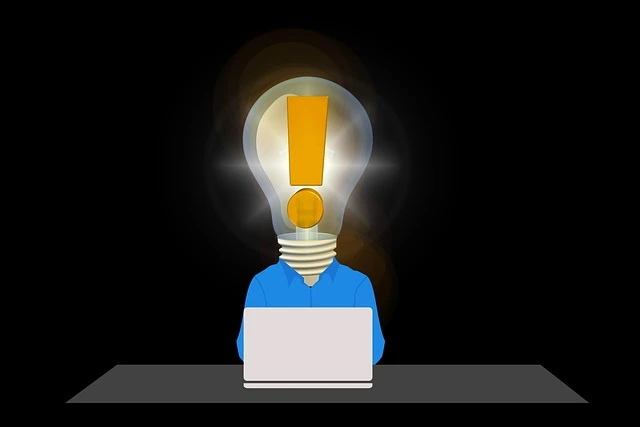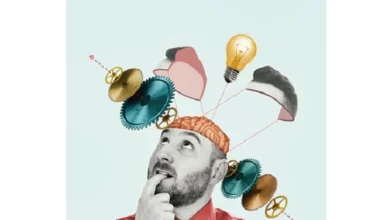Benefits of self-doubt

Self-doubt is typically viewed as a fragile quality. Although this is frequently the case, insecurity nonetheless varies in intensity. It’s one thing to be terrified to speak up in front of others, accept accountability, and begin making long-overdue life adjustments.
However, conscious doubt is much different; it invites a more in-depth examination of oneself and surroundings. The second choice is stronger rather than weaker. But it’s crucial to avoid flirting and remember that uncertainty can be advantageous or detrimental; ultimately, what matters most is getting the job done by acting decisively.
4 Benefits of self-doubt
1. Increasing resilience to failure

One of the most well-known philosophical sayings is attributed to Friedrich Nietzsche: “What doesn’t kill us makes us stronger.” These statements are debatable, yet there is undoubtedly some truth behind them. This could have to do with the failures that all people encounter first. While some are more deeply felt, others are connected to self-purification and the following conclusions.
If you don’t let failure break you, you will eventually see it as an essential aspect of life. Every idea that enters the mind and is independently questioned becomes a form of failure. When a brilliant concept turns out to be rubbish, it might be hard to let it go. A F R I N I K . C O M You will eventually grow tired of disappointment since there is never a good reason to be.
Instead, it would be best to be grateful for skepticism as it prevented you from making snap decisions that would have had unanticipated repercussions. Once the plan has been adopted and implemented, and failure has occurred, you will have done everything within your power. Since he survived, there will likely be another try, for which it would be wise to improve preparation.
2. Openness to new knowledge

Confidence in the availability of comprehensive knowledge about anything or everything at once leads to stagnation. The knowledge base stops expanding, and a lulling and deceptive sense of self-superiority sets in. Doubts about your knowledge, on the contrary, encourage you to pose new questions and search for answers.
Learning about the world should continue, regardless of age, to achieve well-being and social status. Otherwise, no external well-being will hide the inner ignorance. A convinced know-it-all periodically encounters justified misunderstanding from others. Narrow-mindedness does not allow us to adequately assess the breadth of our horizons and other people’s opinions. You know everything in advance that you can be told, advised, or offered.
Therefore, you draw the wrong conclusions in advance, and on their basis, you choose a strategy for the relationship. Sometimes improvisation saves; it is possible to laugh off or portray regret, but often, the relationship deteriorates irrevocably. Confidence in the superiority of one’s knowledge is the first step to unjustified arrogance.
3. Raising awareness

To question your thoughts and actions is to engage in introspection. This process allows you to assess your strengths and weaknesses more adequately. In this way, doubts that seem like weakness turn into rationality, a strength. No one can always do the right thing.
Emotions, hopes, and desires influence our ability to think adequately and objectively perceive reality. If you make a mistake, there are only two ways to handle it: either write off your failure to address external factors and forget to eliminate the feeling of awkwardness as soon as possible, or conduct an analysis to question the correctness of the judgments that led to such a result.
Assuming the role of an ordinary person who cannot be the best at everything allows you to consider your limitations during planning. It becomes evident that to achieve goals, it is necessary to involve professionals or people who know more than you in certain areas.
This tactic looks like a weakness of arrogance, but in reality, it is a force that contributes to achieving the desired results. Of course, you will have to share the victory with others, but you can stand still for years without them.
4. Striving to improve results

Perfection has no boundaries; you can consistently achieve the best result. You must put doubts in your head and ask yourself: have you done well enough? Have you reached your limit level? Even if the answer is yes, it is worth doubting and checking by trying to climb a step higher next time.
In this case, failure is impossible; you will be convinced of your rightness or become a little better and more professional in some business. Self-doubt can be useful if someone sets ambitious and unrealistic goals when the available knowledge and skills do not match the desired results.
In this case, doubts can save time and effort by using them to fill in the gaps. Sometimes, it’s better not to do anything than do it somehow. The latter can be too expensive and even break the will to further self-realization.




